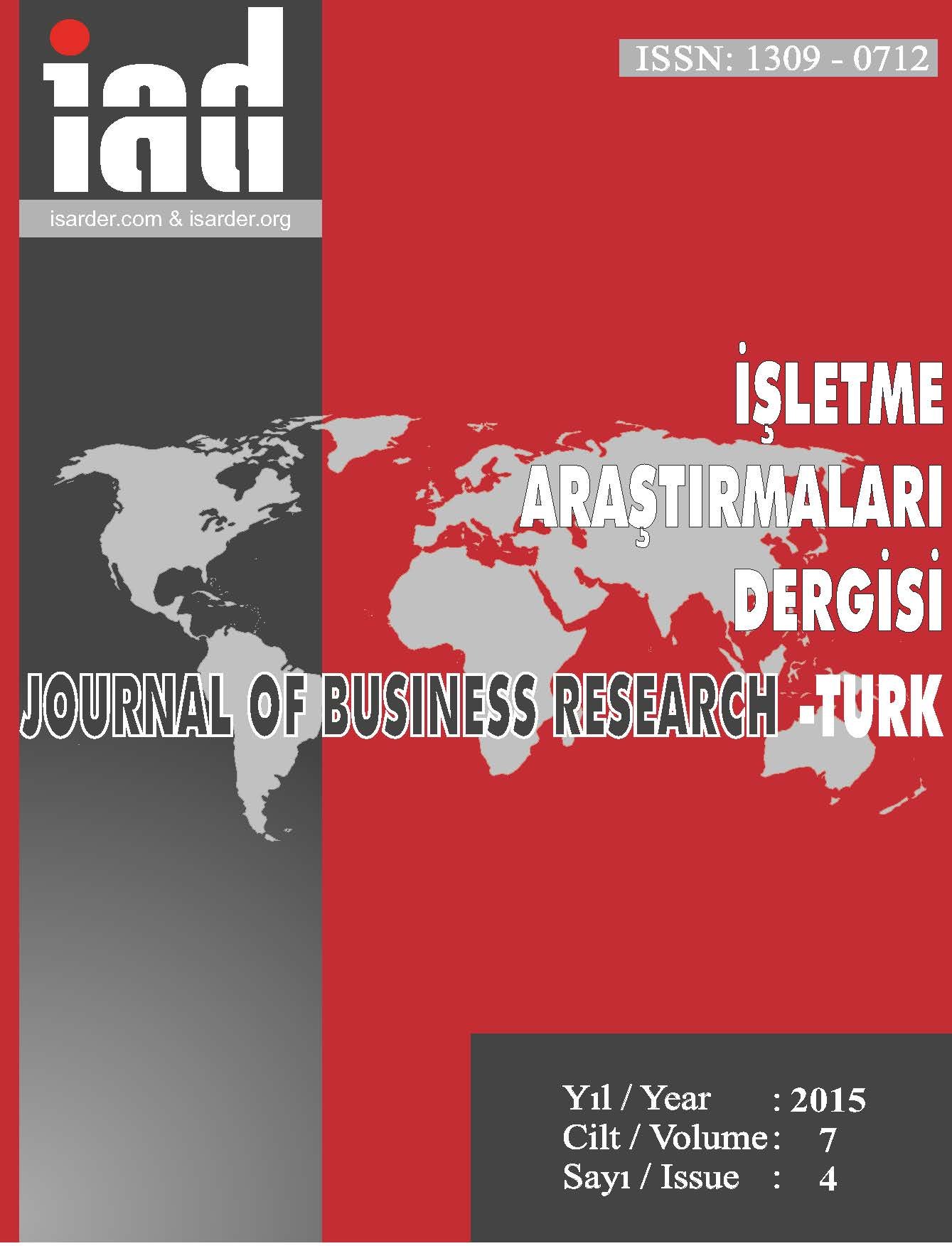Comparison Of Classification Success Of Human Development Index By Using Ordered Logistic Regression Analysis And Artificial Neural Network Methods
Keywords:
Human Development Index, Ordered Logistic Regression, Artificial Neural NetworkAbstract
Economic development and growth are among the most important objectives for many countries. Not only economic development but also human development, which means enhancing and improving people’s quality of life, plays an important role for reaching this objective. For this reason, human development index has become a widely preferred and recognized numerical indicator for comparison and classification of countries. The purpose of this research is to compare the classification success of Human Development Index by using ordered logistic regression and artificial neural network. The data of 81 countries, which has United Nations Development Program’s Human Development Index, between the years of 2010-2012 were used in this study. Countries are classified for having very high, high and moderate levels of human development. The results of the ordered lojistic regression model indicate that determinants including infant mortality rate, health expenses, number of internet users, import and export were observed as statistically significant. As a comparison of the analysis, Ordered Logistic Regression Analysis proved 88,1 % success in classification while Multilayer Neural Networks Model showed 97,1 % success.
Downloads
Published
How to Cite
Issue
Section
License

This work is licensed under a Creative Commons Attribution-NoDerivatives 4.0 International License.





